Human Donor Milk
Human Donor Milk
Before milk banks, there were wetnurses, the history of which is extensive and not always pleasant, so we’ll save that for another time. However, babies have survived off the milk of others since the beginning of time. There is formal, and informal milk sharing still practiced widely to this day. Human Donor Milk via a formal setting, such as through the Human Milk Banking Association of North America (HMBANA), is the first recommendation after feeding baby your milk by the AAP; “If mother’s own milk is unavailable despite significant lactation support, pasteurized donor milk should be used.”, the World Health Organization also supports this; “The World Health Organization (WHO) recommends that donor human milk is superior to artificial infant formula in situations where the baby cannot feed on the mother’s breastmilk.”
People often ask why there are costs associated with milk banks and have concerns over a company profiting off feeding babies. When donating to a milk bank, you must go through a screening process. Typically involves a phone interview to review health history, medication, and supplements and go into your physician’s office to have bloodwork done testing for various diseases; the milk bank covers the cost of all of this. The milk is screened, pooled, tested, stored, batched, and shipped by lab technicians and staff. Milk banks have to cover their costs of staff, facilities, equipment, and the screening of the donors. More and more states are pushing to require insurance to cover the cost of donor milk through milk banks.
Peer-to-peer milk sharing is built on trust. There are no facilities or screenings involved. Two of the most common options for peer-to-peer milk sharing are Human Milk 4 Human Babies and Eats on Feets. People often think, “well if they would feed their milk to their baby surely they wouldn’t do anything to harm my baby,” but then there are those who think “money muddies the water, never pay for the milk.” A study was done testing purchased online milk, but that study was dissected and critiqued heavily. A common practice is to donate the milk in exchange for replacement bags. It’s hard to say what is the right thing to do, and this is only a decision the family can make for themselves. But it’s best to know as many details as possible when making this decision.

